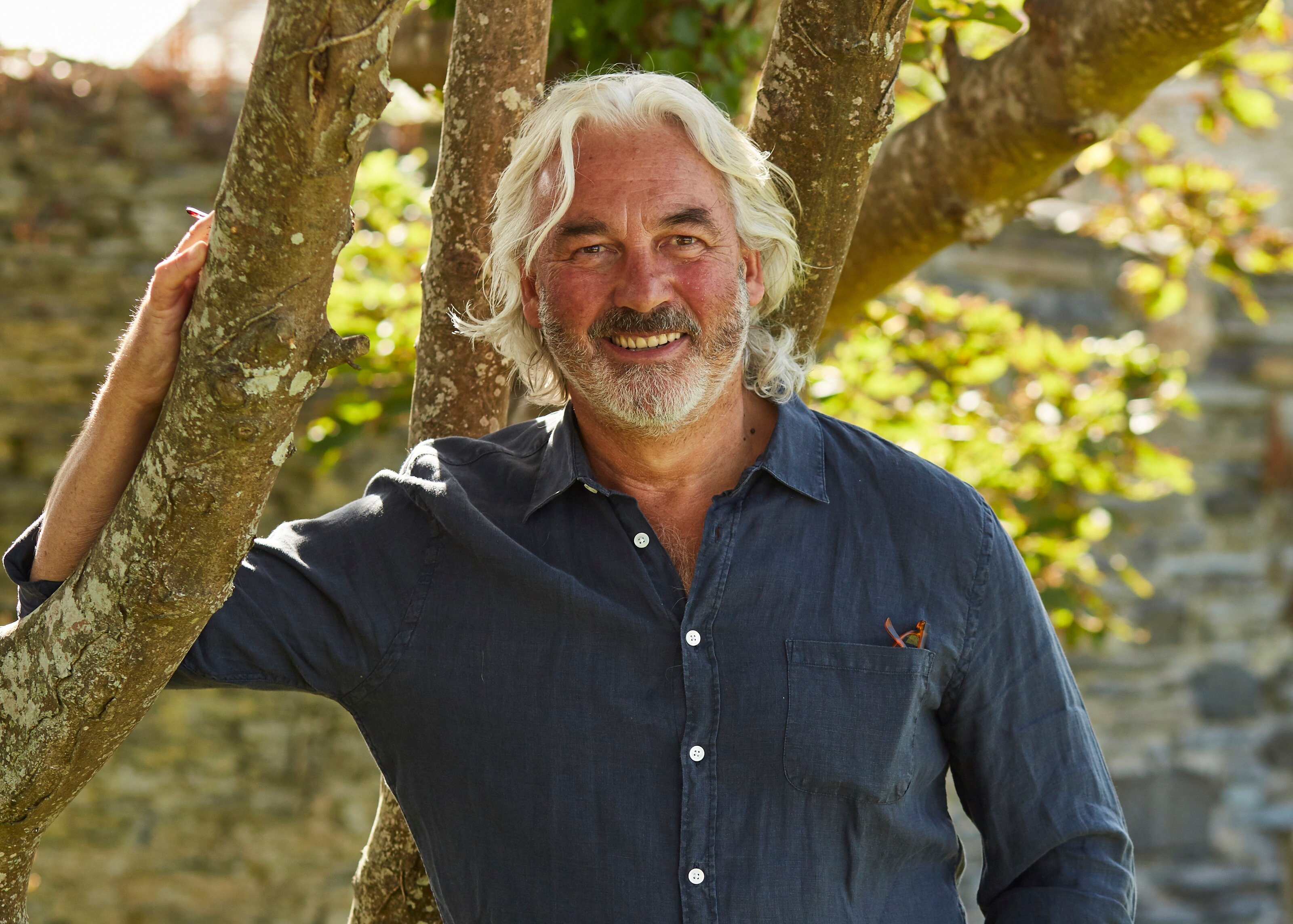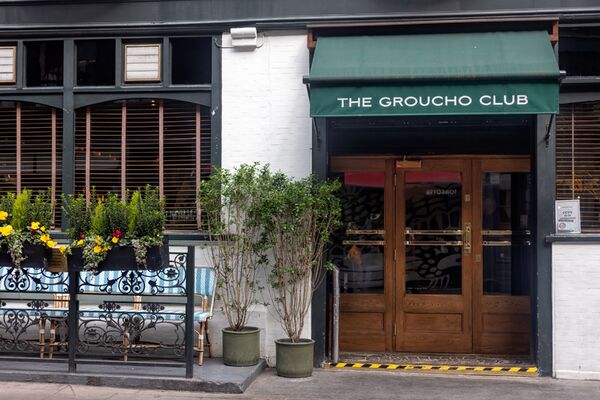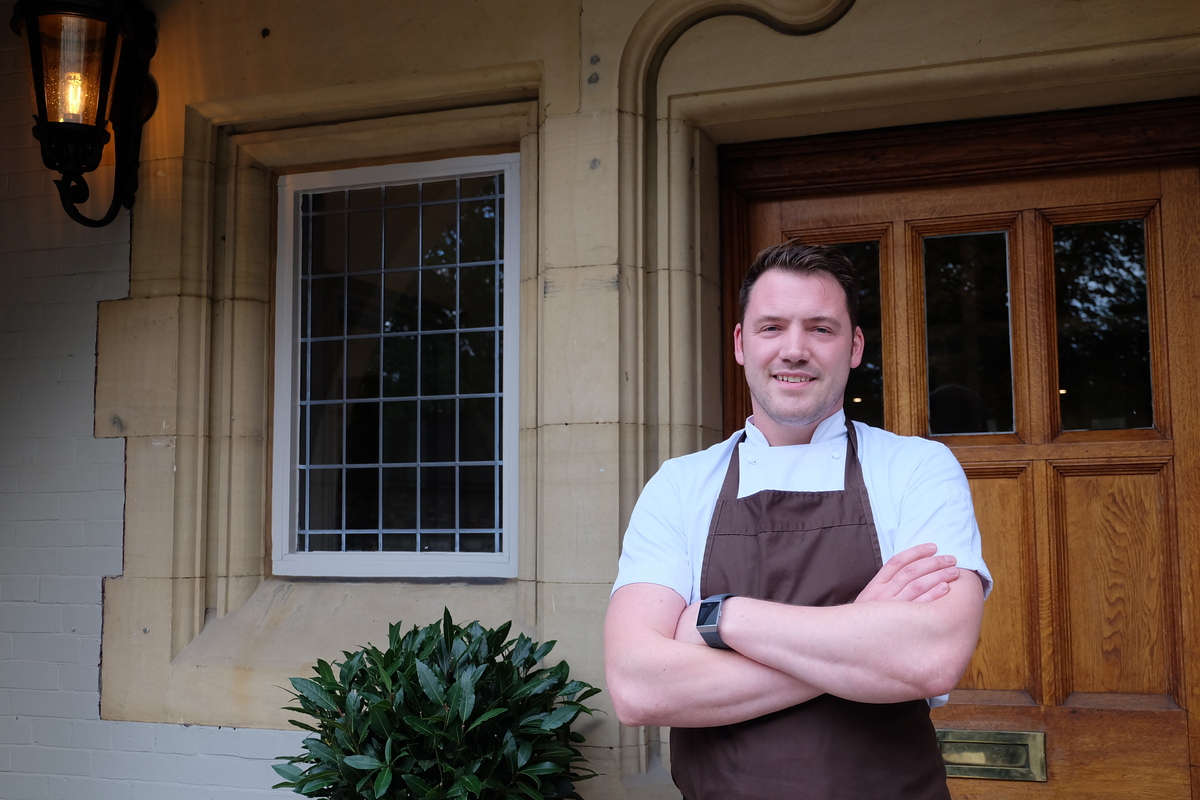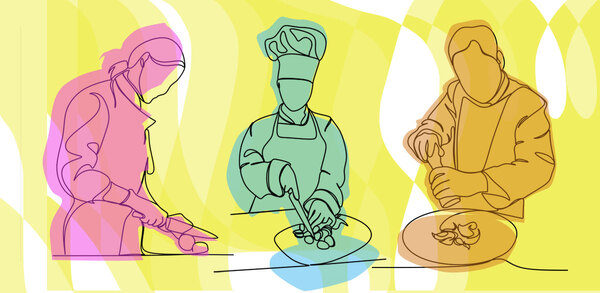Inside track: Cuba would be a hospitality dream if only it had better service, says Robin Hutson
Cuba’s sun, sea, sand and fabulous fishing would be a hospitality dream if only a guest service mindset were also on offer, says Robin Hutson
am writing this from a very remote salt water fly-fishing area on the north coast of Cuba. My fishing buddy – chef and restaurateur Mark Hix – and I have just arrived for our annual fishing jaunt. We have never been here before but it has all the ingredients for an excellent fishing holiday.
We’re staying in the only accommodation option on offer – a newish Spanish-run ‘all-inclusive’ hotel, a seven-hour drive from Havana. An all-inclusive hotel always runs the risk of going for quantity rather than quality, but I understand why it is the preferred operational model in these parts.
Mark and I always chew the cud and put the world to rights on these trips, but as we chat about this Cuban hotel I really cannot help thinking about the challenges today’s operators face in running such a remote resort in this country.
In the UK as we have moved into what we hope is the tail end of the pandemic, the worries of many hospitality operators have been all about the recruitment of a skilled team and the disruption caused by supply chain challenges. While these are very real issues that hamper UK businesses from being able to trade ‘normally’, the situation faced by the team trying to run this hotel in Cuba is of an entirely different order.
Now, I suspect that the supply chain into Cuba has never been the slickest operation, with the state controlling – or at least interfering with – so much of the country’s commerce. But in a world of post-pandemic supply chaos, the problem in Cuba has reached a whole new level. Over the past two days at our hotel, we have been told at various times there are no limes or mint for the mojitos, no butter for the toast, no ketchup for breakfast, and no orange juice.
There is only one wine on offer, which – if you can find a good bottle – is a very acceptable Chilean Cabernet Sauvignon, but the variation in condition is extraordinary. I can only assume it has sat in a container on the dock heating up in the sun.
By contrast they seem to have plenty of ‘chicken’, which is served frequently and is always in our daily packed lunch with rice. Fortunately we have been catching some snapper; Mark turns it into delicious ceviche served with various foraged items from the breakfast buffet.
Of course, all of this can be laughed off. We are certainly not going to let it affect our trip. But as frustrating as the supply issues are, perhaps the bigger challenge for the management here is that the Cuban staff, while perfectly affable, have no concept of guest service, and certainly no idea of what might be reasonably expected by international clientele flying in for a not inexpensive fishing trip.
This is not in any way the fault of the well-meaning individuals employed, who are unlikely to have any personal experience of professional hospitality, travel or service. Most have never been off the island and so have no in-built reference points.
Simply put, Cuba has plenty of labour, but very limited hospitality skills and perhaps only limited opportunities for upskilling. In the UK we would try to train our way out of the problem. When they start out with us at the Pig, many of our apprentices may lack technical skills but they do have in-built reference points in their lives, which gives them a head start.
This basic platform of life experience simply doesn’t appear to exist with the majority of Cubans. The knowledge curve is so steep it’s difficult to imagine a consistent level of international service in their hospitality sector any time soon.




















